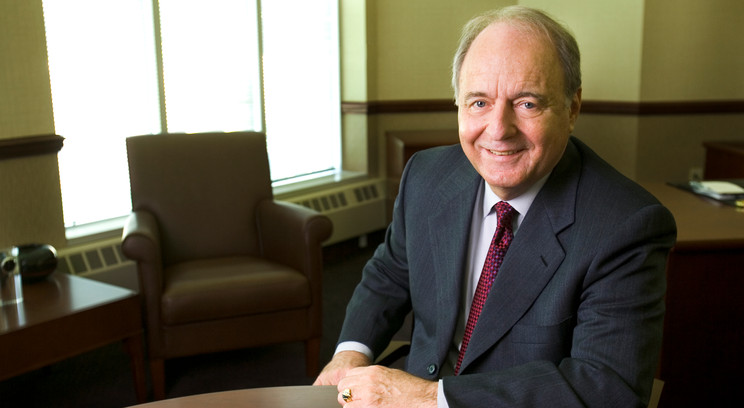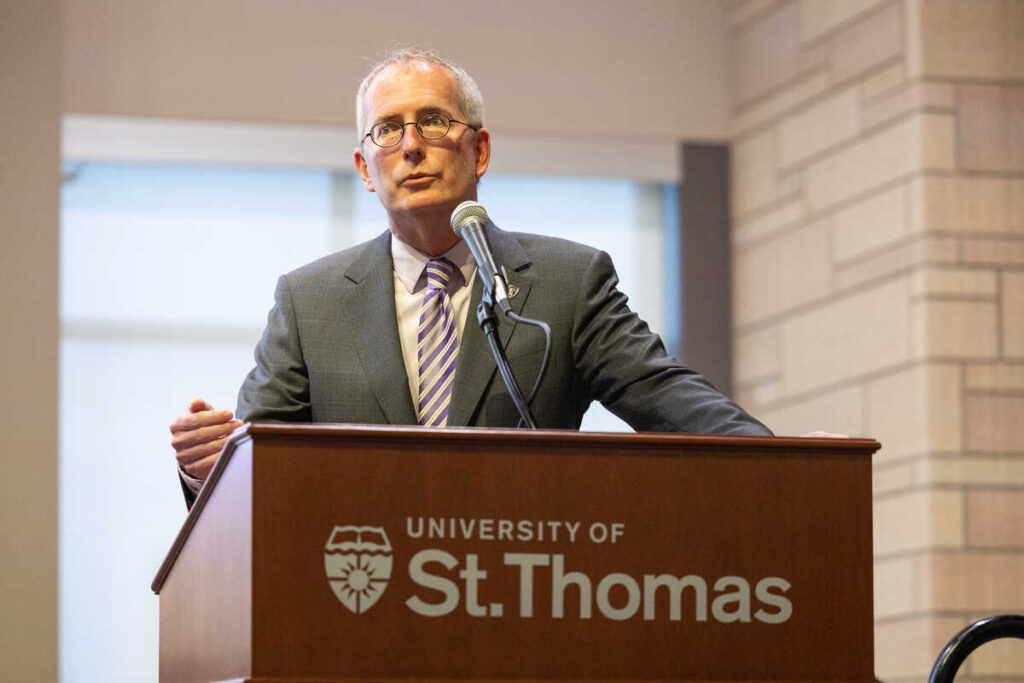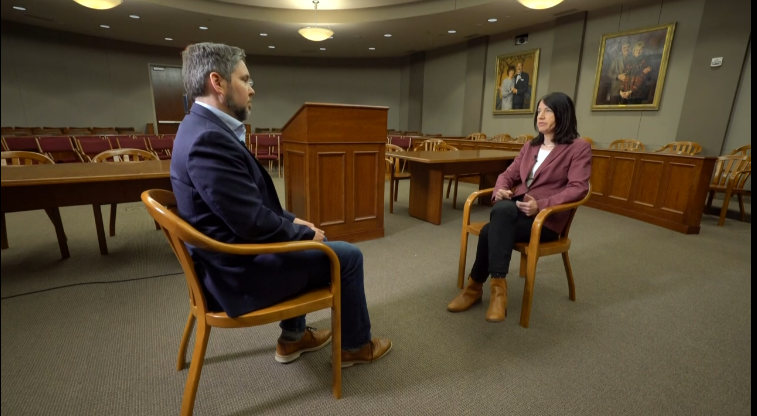Flash back with me to 1987, a darkened movie theater somewhere in America, and a scene where Gordon Gecko, the powerful Wall Street mogul, looks out at his audience and utters: "The point is, ladies and gentlemen, that greed, for lack of a better word, is good."
What was intended to be an exaggerated caricature of an investment community noted for its flamboyant lifestyles and marginal behaviors reportedly became a guiding beacon for some. Did the "twentysomethings" who sat in those theaters grow up into the fortysomethings who helped create the subprime mortgage financing bubble that ultimately decimated much of the hard-earned net-worths of so many homeowners and investors?
If it did, then we should be wary because on Friday the movie sequel to Wall Street will be released, in which the lead villain, Gordon Gecko, completes his prison term and resumes his life, chastened, rehabilitated -- or not. If the first movie could be used as a "teachable moment," how should we view the sequel?
Have things changed on Wall Street since the original exposé of insider trading? Or have the players and the vehicles changed but the negative drivers still rule? Do power and wealth automatically corrupt?
I think not. We only have to look at some outstanding examples of wealthy, powerful individuals who have used their resources to create so much good to know that power and wealth alone are not enough to turn good people bad. Look no further than Warren Buffet and Bill Gates to see that much good can come from legitimately earned wealth. We also need to note that, by and large, the investment community comprises sincere, highly competent professionals who have their clients' best interests clearlyin focus.
However, Bernie Madoff, Tom Petters, Trevor Cook and others in the media recently have shown that power and wealth, combined with weak character, can indeed corrupt. Are there elements that distinguish those who persevere and succeed from those who succumb and fail so spectacularly?
Remaining on the path
I think there are, and I believe that countless fine business schools will use these two movies in the coming weeks to illustrate the temptations so visible in each and then to instill the antidotes to preclude the temptations from taking control of individual values and behaviors.
The key can be as simple as the advice offered by George Buckley, CEO of 3M Co., in his commencement address to University of St. Thomas graduate business students this past May.
"As crimes or slips in standards occur for us as individuals, the next slip becomes just that bit easier. Pretty soon the successive slips become routine. ... Don't take that first small step," Buckley said.
Or it can be an old-fashioned "teach-in," such as what we at St. Thomas plan to do for several hundred graduate and undergraduate business students at a private screening of the Wall Street sequel this week.
We will have senior university ethicists and local corporate leaders preview the movie and describe key moments to note and resources to use when one finds oneself in ethically compromising circumstances.
Learning when and how to draw upon one's core values to overcome the siren song of greed will help guide our future business and investment leaders to emulate the Warren Buffets, Bill Gateses, Bill Georges and Chuck Dennys of the world and use their knowledge and skills to create and deliver superior value while earning a just profit and making our world better.
So, the bottom line is that greed is never good. Talent, integrity and wisdom will always come out ahead in the long run, and the role of good business schools everywhere is to ensure that these values take precedence over the shady deals that in fact are too good to be true.







